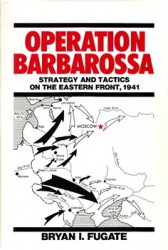In Persian times Babylonia and Assyria became provinces of a great empire. During the Hellenistic era, the Greek city system was reintroduced and that is why a kind of regionally based nationalism could not arise. A cosmopolitan population dwelled in the new or recovering towns. Greek colonists, nomads, deported Jews, and later Roman soldiers came from all regions. Following the Arab conquest, the patchwork of languages mostly disappeared. In the Ottoman period the Turkish civil authorities categorized the non-Muslim minority groups, the orthodox Greeks, oriental Christians, and Jews, according to their religions and not according to their language, their origin, or their ‘‘race.’’ But some languages are still used for rituals, Aramaic for instance; the case of Hebrew is exceptional. Religious and linguistic communities that survived were often living either in mountainous regions like the Maronites in the mountains of Lebanon or the Alawites on the mountainous coast of Syria and in not very hospitable regions, or in special quarters of towns, as formerly the Jews, the Armenians, and the Christians in Aleppo and Damascus (de Planhol 1997).
In the early 1900s in the Near East artificial countries were created by peace treaties after World War I, Lebanon, Syria, Palestine, Jordan, and Iraq. Their names are neither very old nor did they originally refer to national boundaries: Lebanon is a mountain, Iraq refers only to the southern part of the former Ottoman province of the country, Jordan is the name of a river, and the etymology and ancient extent of Syria are questionable (Lewis 1990). The Near East thus is divided on the European pattern. Each land is awfully centralized, but are they real ‘‘nations’’? One may well wonder if the people are more aware of national feelings or still of ethnic, tribal and religious ones.




 World History
World History









